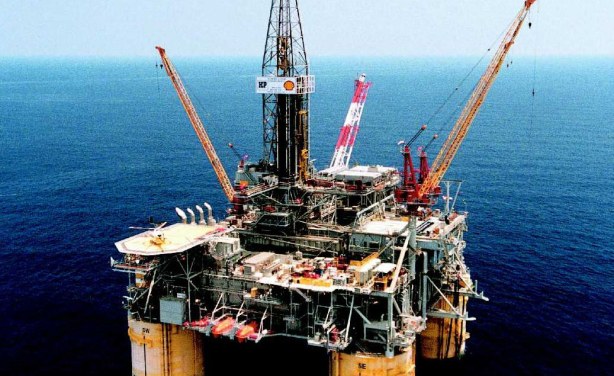There are strong indications that the plan by the federal government, in collaboration with the International Oil Companies (IOCs) using the Petroleum Industry Bill (PIB), as a legislative framework to attract $108 billion investment in the oil and Gas industry between 2012 and 2025 may not be realisable.
The Managing Director of ExxonMobil one of the major IOCs in Nigeria, Mr. Mark Ward said in a talk shop in Lagos organised by Ernest and Young that there is a considerable disconnect between what role the federal government wants the IOCs to play using the proposed PIB and what is realistic and achievable by the IOCs.
Ward said that as representative of the IOCs operating in Nigeria, the current PIB before the National Assembly, if signed into law and becomes an act, will tremendously stifle every planned investment of the IOCs. "There is an expected 64 percent increase in crude oil production between now and the year 2025," he said.
Recall that Shell Nigeria had earlier said that the tax terms in the bill were uncompetitive and they risk rendering offshore oil and gas projects unviable.
The ExxonMobil boss said that from the discussions they had with the Nigerian National Petroleum Corporation (NNPC), the government was also expecting the IOCs to invest as much as $30 billion in the gas industry in the next 13 years.
Ward pointed out that this ambitious investment was not possible if the PIB did not address three key areas in the gas industry.
According to him, the bill before the National Assembly has not properly addressed the issue of gas pricing, market and infrastructure. He wondered how competitive the Nigerian gas market would be if the issue of pricing was not well taken care of.
He noted that with the planned PIB, the hand of the clock would be turned back for the IOCs. This, he said, would not only slow down investment but would also put the entire industry into a state of total replanning.
Speaking also on the impact of the PIB on Nigeria oil and gas industry, a former consultant to the Ministry of Petroleum Resources, Dr Pedro Meurs, said that with the new PIB there was the need to redefine the upstream and the downstream sectors of the oil and Gas industry.
According to him, significant pipeline transportation, tank farms and terminals would be included in "upstream". This in turn means that upstream pipelines would be subject to hydrocarbon tax
"Upstream pipelines would not be regulated and would not have pipeline tariffs under the PIB. This, in turn, makes it difficult for small companies to enter the pipeline systems. With respect to royalties, the lack of measurement at the measurement point in the field facilitates the stealing of oil' he said.
via Leadership


